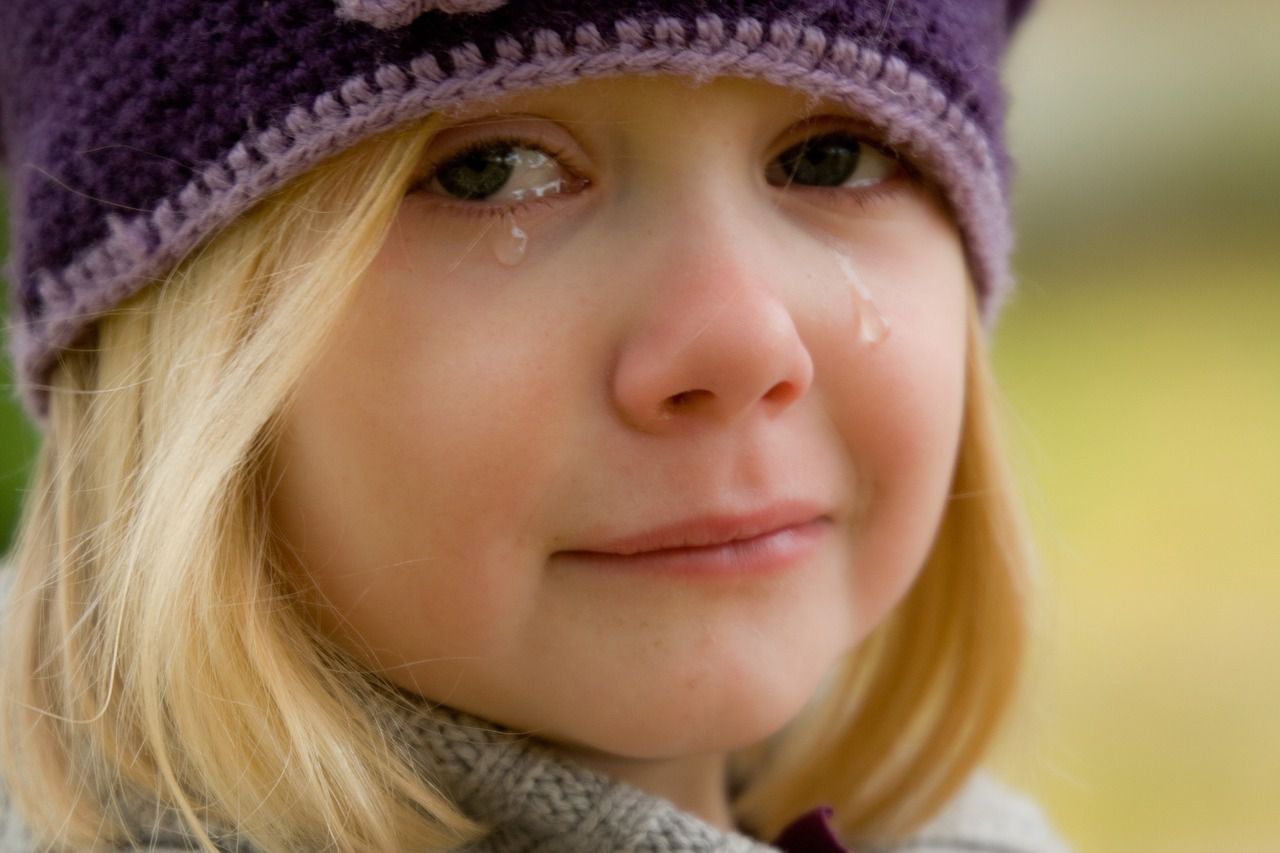It's widely understood that corporal punishment is not an effective method of disciplining children, but the extent of the damage it can cause is often underestimated.
Mental damage can be even more destructive, especially for children.
Let's find out more.

The mental health effects
A recent study conducted by Kreshnik Burani and Greg Hajcak at Florida State University delves into the neural mechanisms behind the detrimental effects of corporal punishment on children's mental health.
The study followed 149 boys and girls aged 11 to 14 over a span of two years.
During this period, the participants engaged in tasks while their brain-wave activity was measured using electroencephalography (EEG).
After two years, the participants and their parents completed questionnaires regarding anxiety, depression, and parenting styles.
The results uncovered a concerning correlation: children who experienced corporal punishment were more prone to developing anxiety and depression.
The results
The EEG data provided valuable insights into the underlying neural processes.
The children who were subjected to corporal punishment exhibited heightened neural responses to errors and diminished responses to rewards.
These patterns are associated with an increased risk of anxiety and depression, indicating that corporal punishment may disrupt neurodevelopmental pathways.
These findings shed light on the intricate neural mechanisms involved in mental health disorders and highlight the importance of implementing interventions to support at-risk youth.
It is crucial to prioritize non-violent and constructive disciplinary methods to safeguard children's mental well-being.












